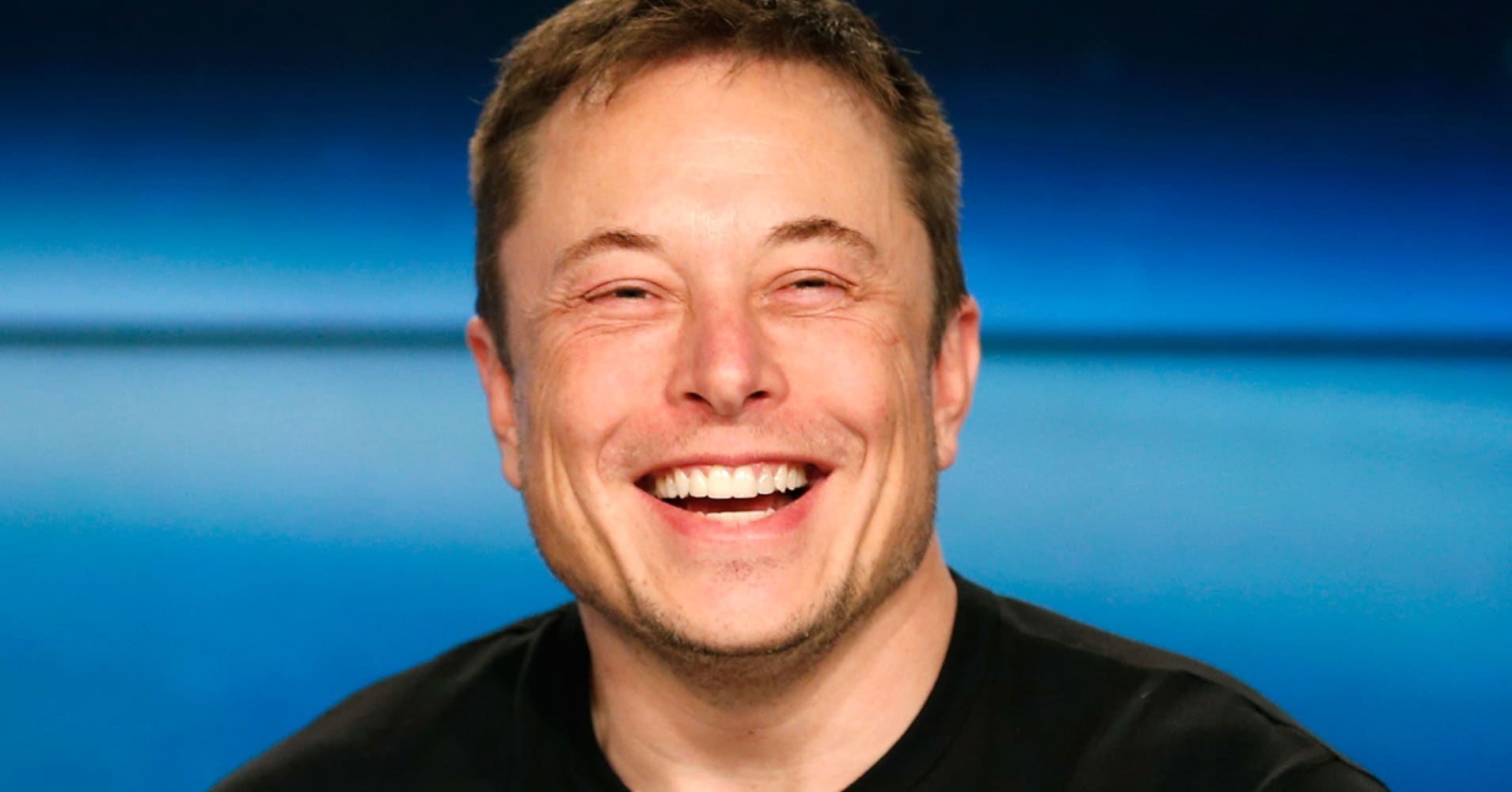
Johannes Eisele | AFP | Getty Images
Tesla car dealership in Shanghai taken on March 17, 2015.
The new policy is seen as a boon to Tesla’s plans to build its own plant in Shanghai. That project was thought to be under threat because the U.S. firm did not want to partner with a local Chinese firm.
In March, Musk replied to a President Donald Trump tweet to complain about the 25 percent import duty U.S. cars pay to be sold in China.
He said “I am against import duties in general, but the current rules make things very difficult. It’s like competing in an Olympic race wearing lead shoes,” he said.
Last week, China’s President Xi Jinping vowed to lower tariffs for foreign autos and enforce the legal intellectual property of foreign firms.
While the new rules over tariffs and ownership may benefit big foreign auto firms looking to manufacture in China, domestic carmakers could suffer.
BYD Company is a Chinese manufacturer of automobiles, buses, forklifts, rechargeable batteries and trucks. It currently has a partnership with German auto firm Daimler to build luxury electric cars.
In 2008, MidAmerican Energy Holdings, a subsidiary of Warren Buffett’s Berkshire Hathaway, invested about $230 million for a 10 percent stake in BYD. Potentially meaning that Berkshire Hathaway’s investment could be negatively affected by the new rules.
Shenzhen-listed shares of BYD dropped by more than 2.4 percent Tuesday, with much of that selling recorded after the state planner’s announcement.
Be the first to comment